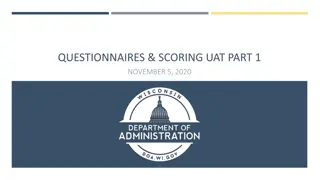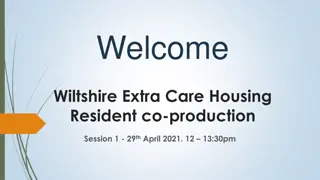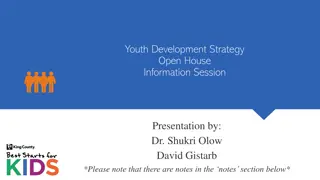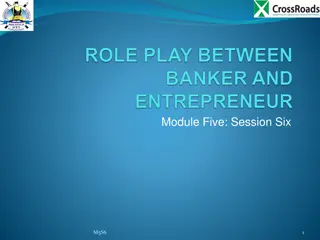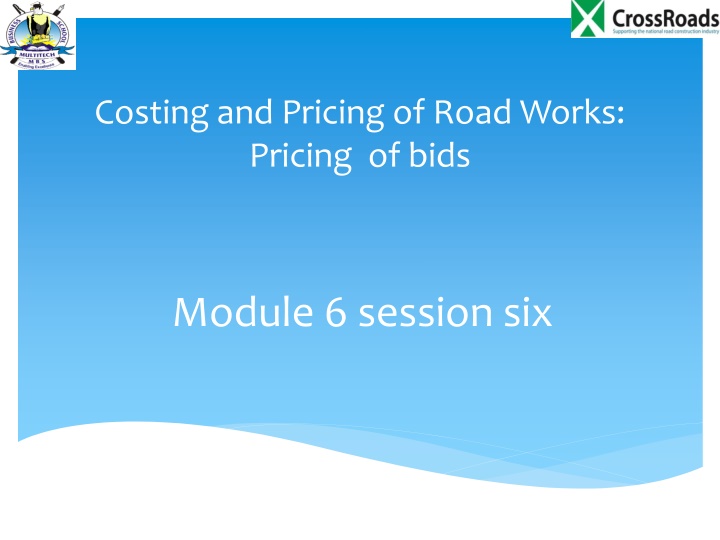
Advanced Strategies for Pricing and Bidding in Road Works
Discover effective methodologies for interpreting bills of quantities, practicing pricing techniques, and evaluating profitability in road construction projects. Learn to apply pricing rates, analyze cost scenarios, and assess bid impacts to maximize revenue and return on investment.
Download Presentation

Please find below an Image/Link to download the presentation.
The content on the website is provided AS IS for your information and personal use only. It may not be sold, licensed, or shared on other websites without obtaining consent from the author. If you encounter any issues during the download, it is possible that the publisher has removed the file from their server.
You are allowed to download the files provided on this website for personal or commercial use, subject to the condition that they are used lawfully. All files are the property of their respective owners.
The content on the website is provided AS IS for your information and personal use only. It may not be sold, licensed, or shared on other websites without obtaining consent from the author.
E N D
Presentation Transcript
Costing and Pricing of Road Works: Pricing of bids Module 6 session six
Objectives of the Session 1) Interpret the bills of quantities for appropriate pricing 2) Practice pricing of bidding documents 3) Use scenarios to determine revenue and profitability of a contract 2
Pricing Road Works Involves the application of predetermined activity or unit pricing rates to the bills of quantities and appropriate tax rates to determine the bidding price (with or without taxation). By use of excel, it is possible to play around the bidding document while making different scenarios particularly about margins 3
Approach to pricing road works A contractor should use works costs developed over a period of time and applies appropriate markup to determine unit pricing rates. The costs may be varied to suit the changing market environment and factors seen during site visits The markup should also be reviewed considering anticipated competition and bid evaluation methodology. 4
Applying pricing rates to road works Understand the BoQs and select appropriate rates to them Check the multiplications and the additions carefully to ensure the bid is free of arithmetic errors Apply appropriate tax rates where applicable (usually VAT) Examine the final bid price for reasonableness, competitiveness and profitability. 5
Using scenarios to assess impact on revenue and profitability Set up the BOQ on Excel worksheet with costs, margins and price carried to a summary worksheet. Apply different costs scenarios where there are opportunities for cost cutting to see the effect on revenues (bid price) and profit. Apply different margins to cost and evaluate the impact on revenue and profit Relate the outcome to return on capital invested. 6
Example of bid scenarios Specification Scenario one 7.5% Scenario two 10% Overhead absorption Margin Cost of works (shs) 30% 20% 73,324,099 74,621,715 Margin Bid (Revenue) Return on Investment (pa) 21,149,054 94,473,153 115% 14,325,843 88,947,558 77% 7
Evaluation of the bids scenario 1 Scores Evaluation criteria Weigh t Bid one Bid two Technical 70% 85% 78% Rank 1 2 Financial 30% 79% 100% Rank Technical & Financial 2 1 100% 83.2% 84.6% Award 2 1 Note how the best technical proposal loses the job 8
Evaluation of the bids scenario 2 Scores Evaluation criteria Bid one Bid two Technical Rank 70% 90% 1 78% 2 Financial 30% 79% 100% Rank 2 1 Technical & Financial 100% 86.7% 84.6% Award 1 2 If Bid one beats Bid two by more than 9 points it wins 9
Winning strategy Maximize technical scores Seek for low cost competitive advantages Select moderate markup policy Target volume (turnover) 10
Group Activity All groups: Price the Magege Road Works BOQ using the calculated rates provided. Using the calculated rates provided, comment on the reasonableness of the bid. Analyse the profits expected from the job and assess its reasonableness bearing in mind the funds invested. Discuss the common factors that make contractors fail to win tenders. 11





